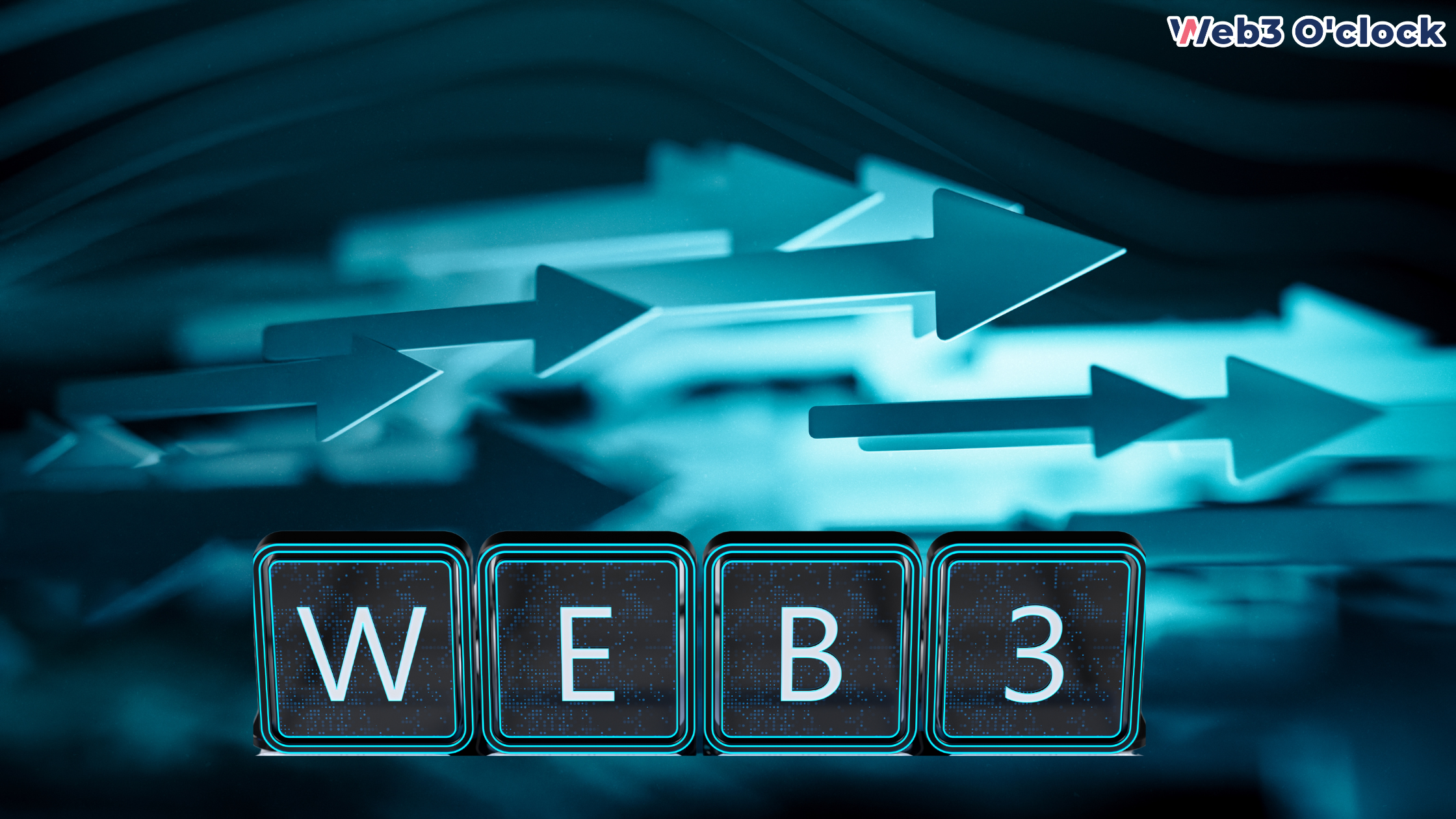In a significant move, Microsoft has joined forces with Aptos Labs, a prominent layer-1 blockchain firm, to propel the integration of artificial intelligence (AI) and Web3 technologies. This partnership marks a crucial step in revolutionizing the way AI models are trained and utilized, as well as addressing the challenges posed by bias and misinformation in AI systems.
Aptos Labs: A Blockchain Pioneer
Aptos Labs has emerged as a leader in the blockchain space, securing an impressive $350 million in funding from investors, as reported by Crunchbase. One of its key innovations is the development of “Aptos Assistant,” a ChatGPT-powered chatbot set to leverage AI for enhanced user experiences. Under this collaboration, Microsoft’s AI models will be trained using verified blockchain data from Aptos. This unique approach capitalizes on the strengths of both companies, creating a synergy that promises to drive innovation forward.
Harnessing Blockchain for AI Training
The collaboration between Microsoft and Aptos holds immense promise for the advancement of AI technology. By utilizing blockchain data verified by Aptos, Microsoft’s AI models are expected to benefit from increased reliability and security. Blockchain’s inherent transparency and immutability will play a crucial role in ensuring the authenticity of AI-generated outputs, addressing the concerns of bias and misinformation that have plagued AI systems in the past. This partnership could be a significant step in mitigating the challenges associated with biased AI models and their potentially harmful consequences.
Web3 Integration: A Glimpse into the Future
Daniel An, Microsoft’s Global Director of Business Development for AI and Web3, expressed that the integration of AI and Web3 technologies will see significant advancements in the coming months. Web3 represents the next generation of the internet, characterized by decentralized applications and blockchain-based interactions. With the partnership between Microsoft and Aptos, this fusion of AI and Web3 technologies holds the promise of making daily tasks more efficient and seamless, from finding the best local restaurants to aiding in complex coding tasks.
Challenges and Opportunities
One of the primary challenges facing AI technologies is the pervasive issue of bias. AI systems, often trained on historical data, can inadvertently perpetuate biases present in that data. This results in AI-generated content and outputs that reflect these biases, perpetuating stereotypes and inaccuracies. Moreover, the phenomenon of “hallucinations” in AI systems—where they generate fictional information—further undermines the trustworthiness of AI-generated content.
In response to these challenges, Microsoft has taken proactive steps, including the establishment of its AI red team in 2018. This team of experts has been dedicated to identifying risks, vulnerabilities, and potential exploits in AI systems, ensuring that advancements in AI are met with robust security measures.
The Regulatory Landscape and Future Prospects
The collaboration between Microsoft and Aptos comes at a crucial time when both AI and the cryptocurrency sector are grappling with regulatory and ethical concerns. While AI startups have raised approximately $25 billion in the first half of 2023, the lack of a comprehensive framework for ethical AI use remains a concern. Similarly, the cryptocurrency boom has highlighted the need for regulatory clarity in the financial sector.
As U.S. lawmakers call for a basic framework to govern ethical AI use, it is evident that AI and blockchain technologies share common ground in navigating regulatory challenges. Both sectors are poised to shape the future, but responsible development and regulatory compliance will be key to realizing their full potential.
Conclusion
The collaboration between Microsoft and Aptos Labs represents a remarkable leap forward in the integration of AI and Web3 technologies. By leveraging the strengths of blockchain’s transparency and Microsoft’s AI expertise, this partnership aims to tackle issues of bias, misinformation, and security concerns that have plagued AI systems. As the partnership unfolds, it holds the potential to pave the way for more authentic, secure, and efficient AI-generated outputs, driving innovation while ensuring responsible development in the tech landscape.
FAQs
1. What is the significance of the collaboration between Microsoft and Aptos Labs?
The collaboration between Microsoft and Aptos Labs is a pioneering effort that aims to merge artificial intelligence (AI) and Web3 technologies. Aptos Labs, a blockchain firm, brings its expertise in verifying blockchain data to train Microsoft’s AI models, enhancing their reliability and security. This partnership also holds the potential to address challenges related to bias, misinformation, and security concerns in AI systems, promoting responsible development.
2. How does the partnership address the challenges of bias and misinformation in AI systems?
The collaboration leverages blockchain’s transparency and immutability to ensure the authenticity of AI-generated outputs. By training Microsoft’s AI models with verified blockchain data from Aptos, the partnership aims to mitigate biases present in historical data. This proactive approach contributes to generating more accurate, reliable, and unbiased AI-generated content, fostering transparency and trust in AI technology.
3. What is the significance of integrating AI and Web3 technologies?
The integration of AI and Web3 technologies signifies a transformative step toward a more efficient and decentralized digital ecosystem. Web3, characterized by blockchain-based interactions, decentralization, and transparency, promises to revolutionize how we interact with digital platforms. The partnership between Microsoft and Aptos anticipates advancements in daily tasks, from simplifying complex coding to enhancing user experiences, all within a secure and decentralized framework. This integration holds the potential to reshape industries and create new opportunities for innovation.











